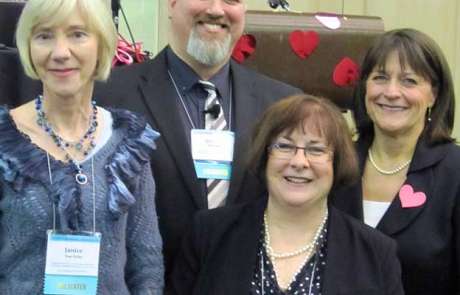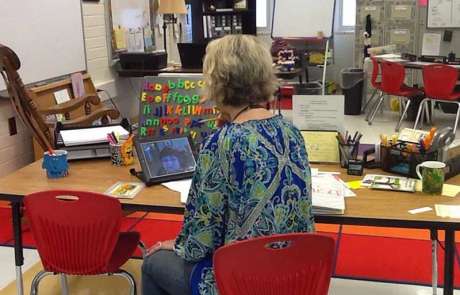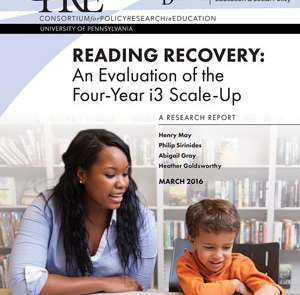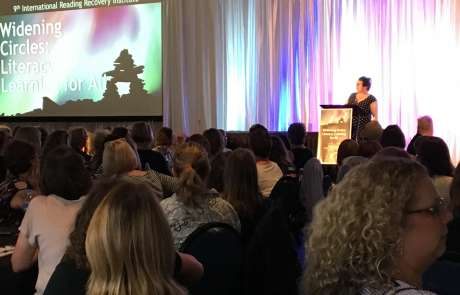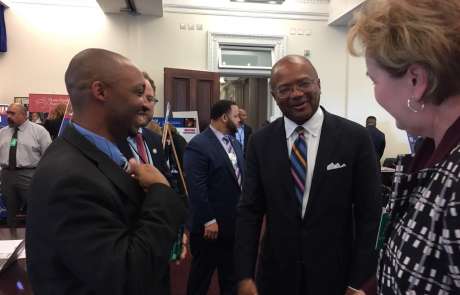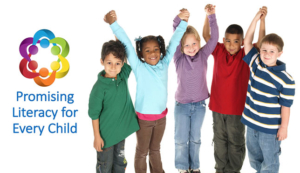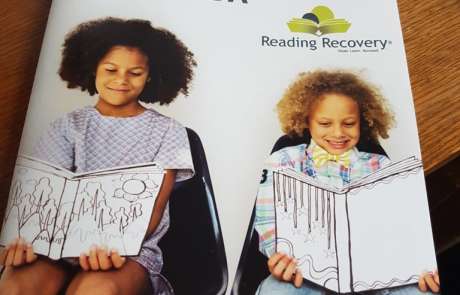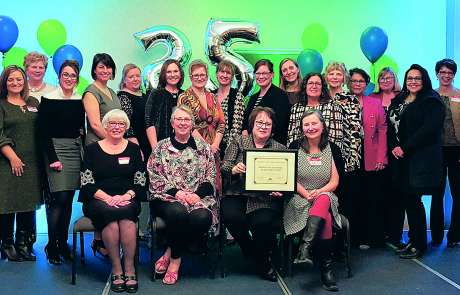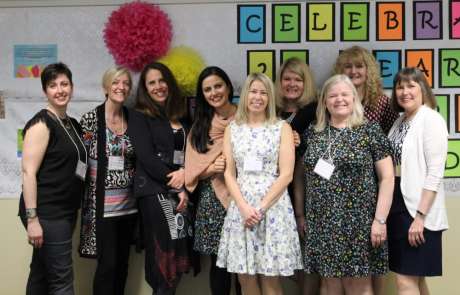- 35 Years
2015-Present – THE FOURTH DECADE IN NORTH AMERICA
Pre-1984 | 1984-1994 | 1994-2004 | 2004-2014 | 2015-Present
As Reading Recovery enters the fourth decade of providing high-quality professional development for teachers and expert, responsive teaching for children, Marie Clay’s publications continue to guide research and practice. New areas of study and service include Literacy Lessons training for special education teachers, teachers of English learners, and others who work with special populations; investigation of technology for distance learning in training and supervision of Reading Recovery teachers; and an expanded leadership role for Reading Recovery trained teachers in professional learning communities and school comprehensive literacy efforts.
With the passage of the Every Student Succeeds Act (ESSA) in December 2015, even greater emphasis is placed on evidence-based instruction. The legislation reduces the role of the federal government, giving states greater flexibility and control over education policy as they transition to full implementation by 2017. Reading Recovery ranks among the highest of all elementary reading interventions and programs meeting Strong Evidence of Effectiveness Standards under ESSA.
In March 2016, the Consortium for Policy Research in Education (CPRE) releases Reading Recovery: An Evaluation of the Four-Year i3 Scale-Up. Findings from “one of the most ambitious and well-documented expansions of an instructional program in U.S. history” show the $55 million Investing in Innovation (i3) scale-up of Reading Recovery was “highly successful.” A total of 3,747 teachers were trained, serving 61,992 students in one-to-one lessons. In addition, these Reading Recovery-trained professionals taught 325,458 students in classroom or small-group instruction. The randomized control trial study of immediate impacts in the scale-up schools—among the largest such studies ever conducted—revealed medium to large impacts across all outcome measures and a 131 percent higher growth rate over the national average rate for first-grade students.
In Canada. Canadian implementations continue to grow during this decade — even beyond its geographic borders. New teacher leaders train to expand Reading Recovery in Nova Scotia and a new Teacher Leader Training Centre opens in Vancouver to support the Mountain Pacific Region. Two trainers are trained within Canada for the first time through a collaborative plan with trainer training centers in the U.S., Texas Woman’s University and The Ohio State University. This training plan is replicated in 2018–2019 to train two trainers for the Atlantic Region and in 2019-2020 to train one trainer for the Central Region, Ontario. Vintage sites celebrate milestone anniversaries. And the Caribbean Region is established in the Cayman Islands, offering Reading Recovery to all elementary schools in the country.
North American Trainers Group. Reading Recovery leadership is focusing on the future as the second half of this decade unfolds. In 2018, NATG engages Anthony Bryk and the Carnegie Foundation for the Advancement of Teaching to explore principles and practices of improvement science as a way of operating within the Reading Recovery network. Trainers, RRCNA Board members, representative teacher leaders, teachers, site coordinators, school administrators, university deans, and researchers (IDEC and other) launch this work with Bryk at the Foundation in Palo Alto, California. NATG and RRCNA leaders consider improvement science as a way of identifying and addressing challenges within the network in a systematic and productive way. Trainers continue their professional development with the leaders of the improvement science effort, the Hub, and the improvement science consultant to create research efforts aimed at ensuring a promising future for Reading Recovery in North America.
Recognition of Reading Recovery’s proven positive effects on student outcomes continues with new and updated reports from the What Works Clearinghouse, National Center on Intensive Intervention, National Center for the Education Evaluation and Regional Assistance for the Institute of Education Sciences, and others in the U.S. and Canada.
Yet despite the stellar findings, Reading Recovery continues to face past criticisms of the ‘Reading Wars’ and the latest “science of reading” arguments that extend even beyond the intervention — attacking many proven and well-respected reading programs. The Reading Recovery network continues to respond with data, facts, and the millions of Reading Recovery success stories of the past 35 years in North America.
This 35th Anniversary History Timeline includes photos and excerpts from previous RRCNA publications.



